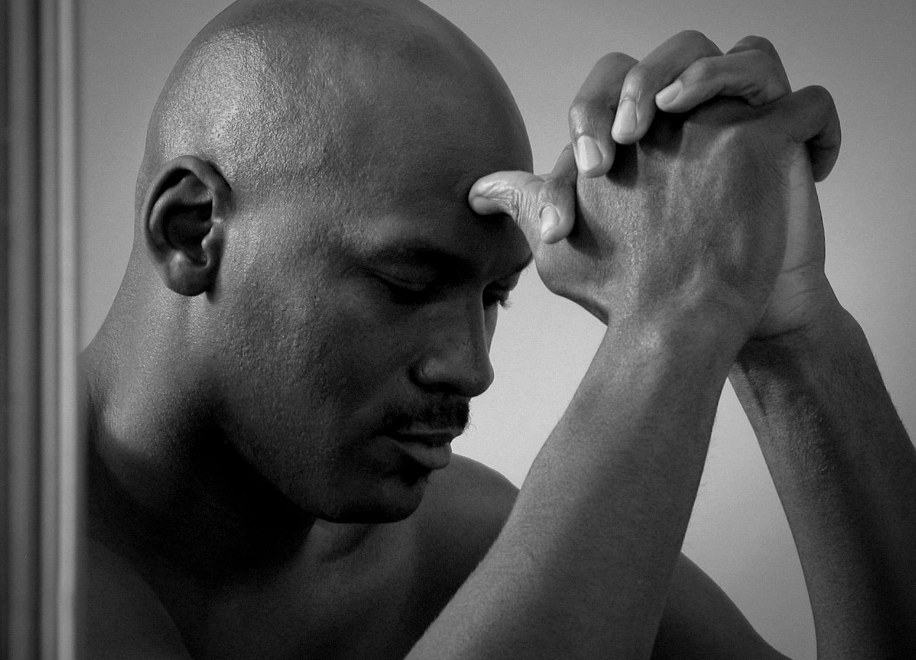Performance
Eliminating Anxiety
Spoiler alert: it's impossible. If your goal is to eliminate anxiety or "block out" the bad thoughts, whether they are distracting or negative in nature, you're playing a losing game. This can be hard to accept for many athletes...
Cognitive Tool to Deal with Criticism
Boston Celtics head coach Joe Mazzulla presents a perfect example of how to deal with criticism that stems from a classic tool in working on your mental game, reframing, when discussing the unfair criticism that Jayson Tatum receives.
Causes and Consequences of Self-talk on Performance
How you think and talk to yourself is linked to how you feel and act. This may sound obvious, but it should be striking, then, to realize how much you likely talk to yourself in a way that completely forgets this notion. That's your inner critic poisoning the narrative of your mind.
Irrational Beliefs Athletes Fall Prey To
Albert Ellis is famous for conceiving irrational beliefs most, if not all, humans fall prey to during their lives. Let's examine some with the context of sports in mind; reframes will be provided below each irrational belief.
Post Performance Routine to Facilitate Learning and Closure
We're going to look what sport psychology encourages athletes to do in order to optimize learning and manage rumination. First off, there is always room to learn from a performance...
The Comparison Game
It’s human nature to compare yourself to others, particularly those in a better position than you are. Without awareness of this mental performance pitfall, it can lead you down a track that undermines your performance, mood, and ability to reach your potential.
Not All Pressure Is Equal
When the pressure is on, what exactly do you think of? Is it a high-stakes game? A scout or family in the stands? A loud and sizable crowd? Pressure comes from anything that increases the importance of performing well.
The Ingredients to Motivation
Motivation is a fickle trait that has dire impacts on mood and performance. Motivation can be the difference between a win and a loss as every second or inch counts.
Self-talk Tip: Reciprocal Inhibition
Reciprocal inhibition is the concept where one set of responses does not allow a different set. In your body, this could be easily explained through muscles. When you perform a bicep curl, the triceps relax as a result of the biceps contracting. Both cannot contract at once.
Psychological Flexibility
Psychological flexibility is a trait commonly used to describe athletes with a strong mental game. It’s something that is sought after by athletes new to their competitive career, ones who have been in it for years, and everyone in between.
Confidence Through Observing Others
Some athletes can feel a surge of confidence when watching others because it brings clarity to what they can do to achieve success that they are seeing in the observable.












